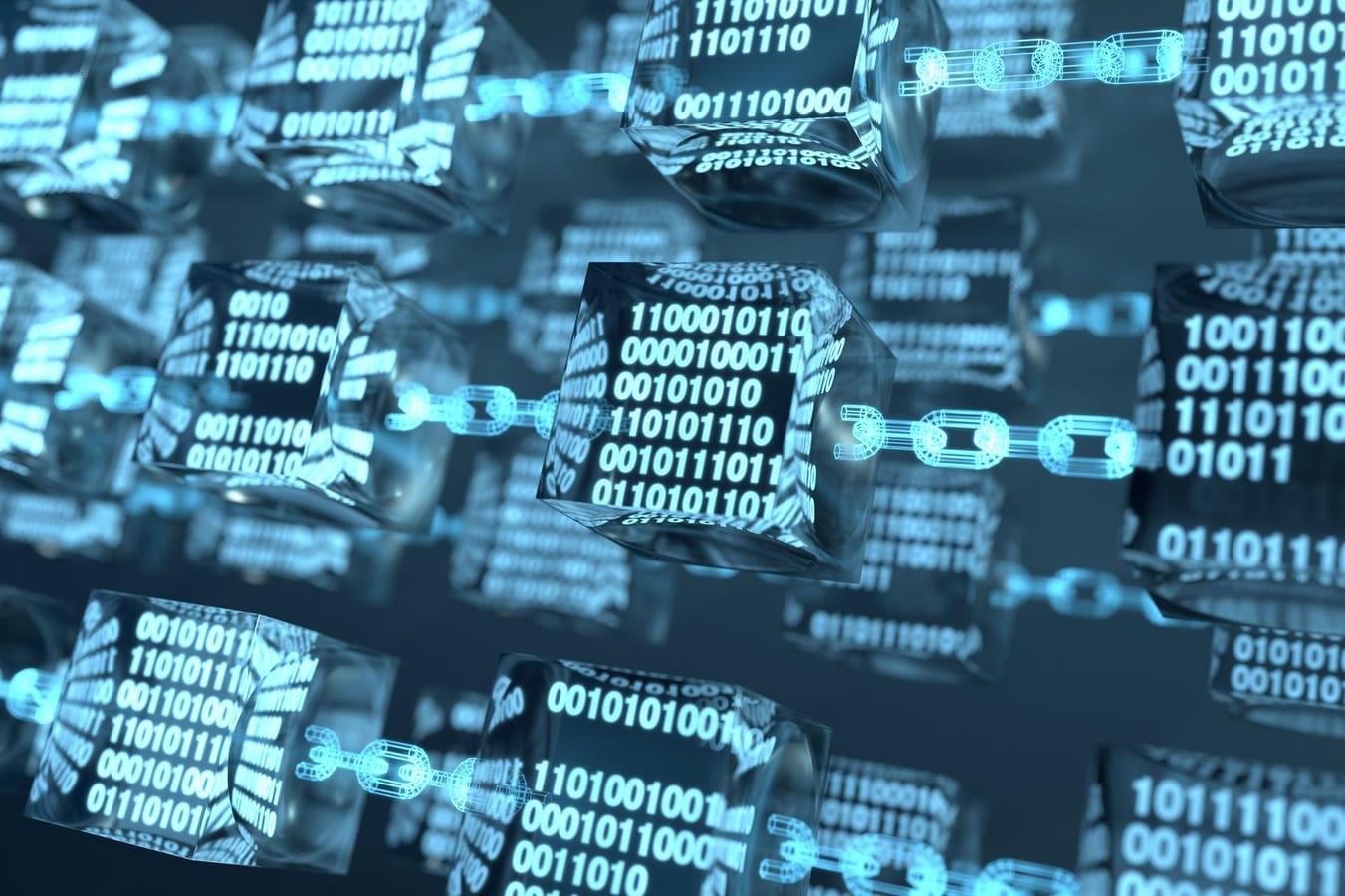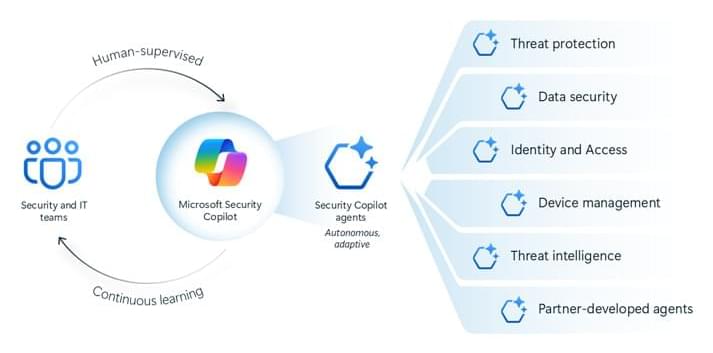Researchers from the University of Science and Technology of China (USTC) of the Chinese Academy of Sciences revealed that not all forms of quantum nonlocality guarantee intrinsic randomness. They demonstrated that violating two-input Bell inequalities is both necessary and sufficient for certifying randomness, but this equivalence breaks down in scenarios involving multiple inputs. The study is published in Physical Review Letters.
Quantum mechanics is inherently probabilistic, and this intrinsic randomness has been leveraged for applications like random number generation. However, ensuring the security of these random numbers in real-world scenarios is challenging due to potential vulnerabilities in the devices used.
Bell nonlocality, where particles exhibit correlations that cannot be explained by classical physics, offers a way to certify randomness without trusting the devices. Previous studies have shown that violating Bell inequalities can certify randomness in simple two-input, two-output systems. However, the applicability of this principle to more complex, multiple-input, multiple-output (MIMO) systems has been unclear.








